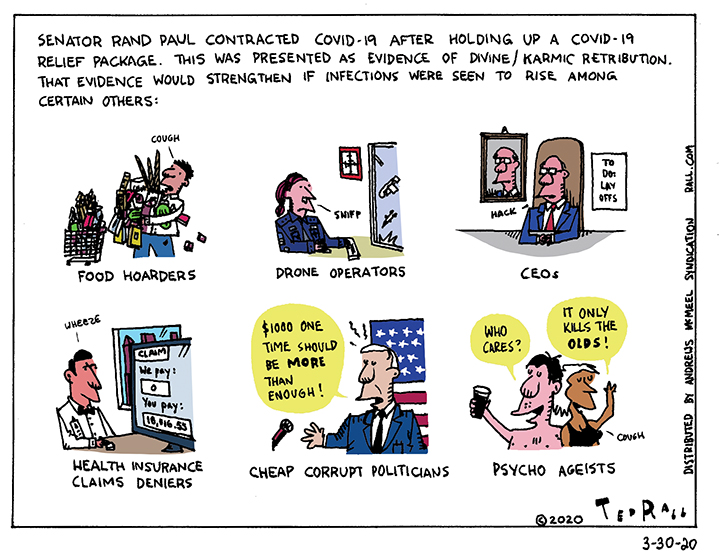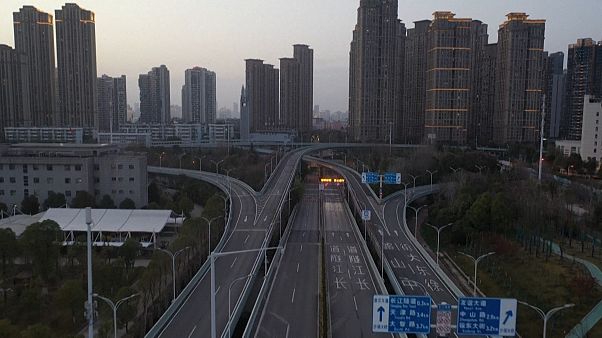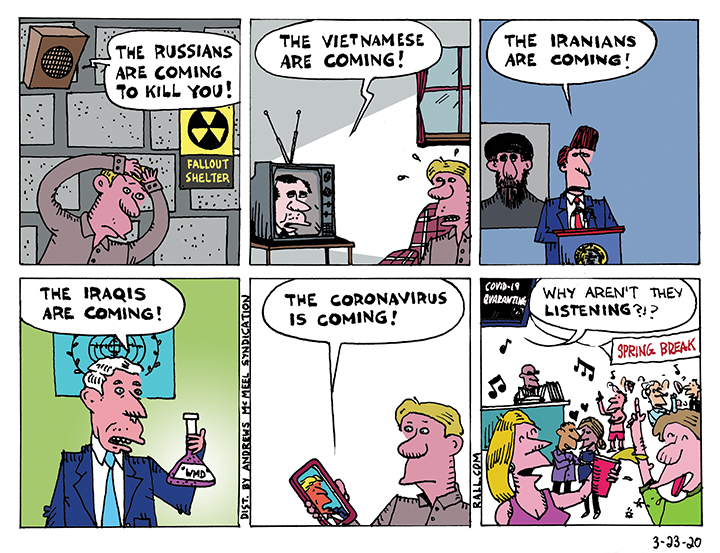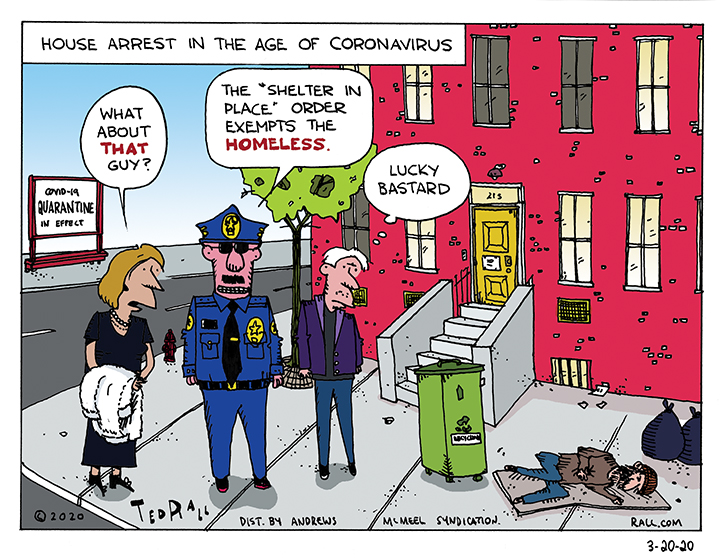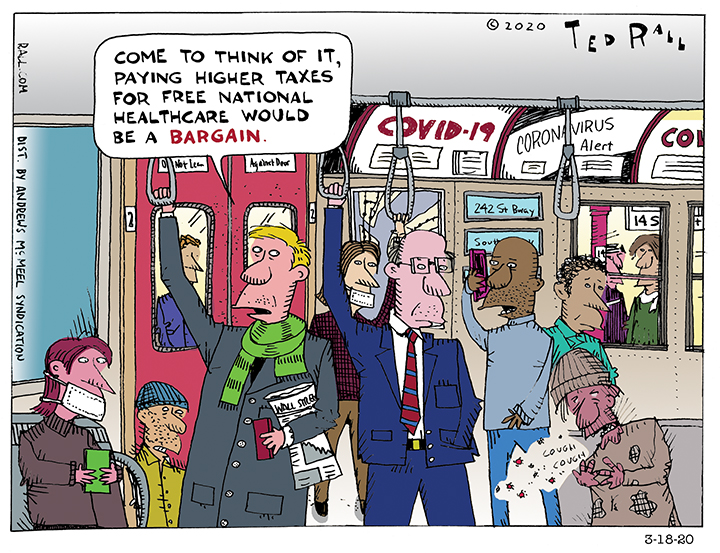Am I a victim of the COVID-19 pandemic? Legally, maybe.
Reversing direction unexpectedly, the California Supreme Court has decided NOT to hear my defamation and wrongful termination lawsuit against the Los Angeles Times, billionaire publisher Austin Beutner, and parent company Tribune Publishing, which at the time of my firing was owned in large part by the Los Angeles Police Department pension fund.
Adding to the confusion, the Court decertified the Court of Appeals ruling against me. This means that, while I will soon be ordered to pay close to $1 million to the LA Times for their legal bills defending themselves from lying about me in two articles, I can take comfort in the fact that Rall v. LA Times will not be used to screw over other journalists under California’s anti-SLAPP statute. My case cannot be used as a precedent. It’s sort of like Bush v. Gore.
You are welcome, California journalists. You are safe.
Why did the court make the decision they made? There’s no way to tell. They issued a pair of trite phrases: “Petition for review denied; CA opinion decertified.” After five years and thousands of pages of opinions and blood and sweat and tears, that’s all she wrote.
It is possible that, as a friend of mine speculated this evening, the court didn’t want to sanction a disruptive decision against a major newspaper at a time when dozens of newspapers are going out of business every day.
What is interesting is the timing.
A few weeks ago, the California Supreme Court signaled to my attorneys that it planned to kick my case down the road for at least several months due to the COVID-19 epidemic and the closure of California courts.
Then, yesterday, the current owner of the LA Times, biotech billionaire Dr. Pat Soon-Shiong, made headlines by announcing his intention to buy a closed Los Angeles hospital for the purpose of treating coronavirus patients. $135 million dollars buys a lot of good will at a time like this.
The very next day, my case went away. Coincidence? Perhaps. Perhaps not. Who knows?
My attorneys and I are exploring next steps. I will keep you posted.

